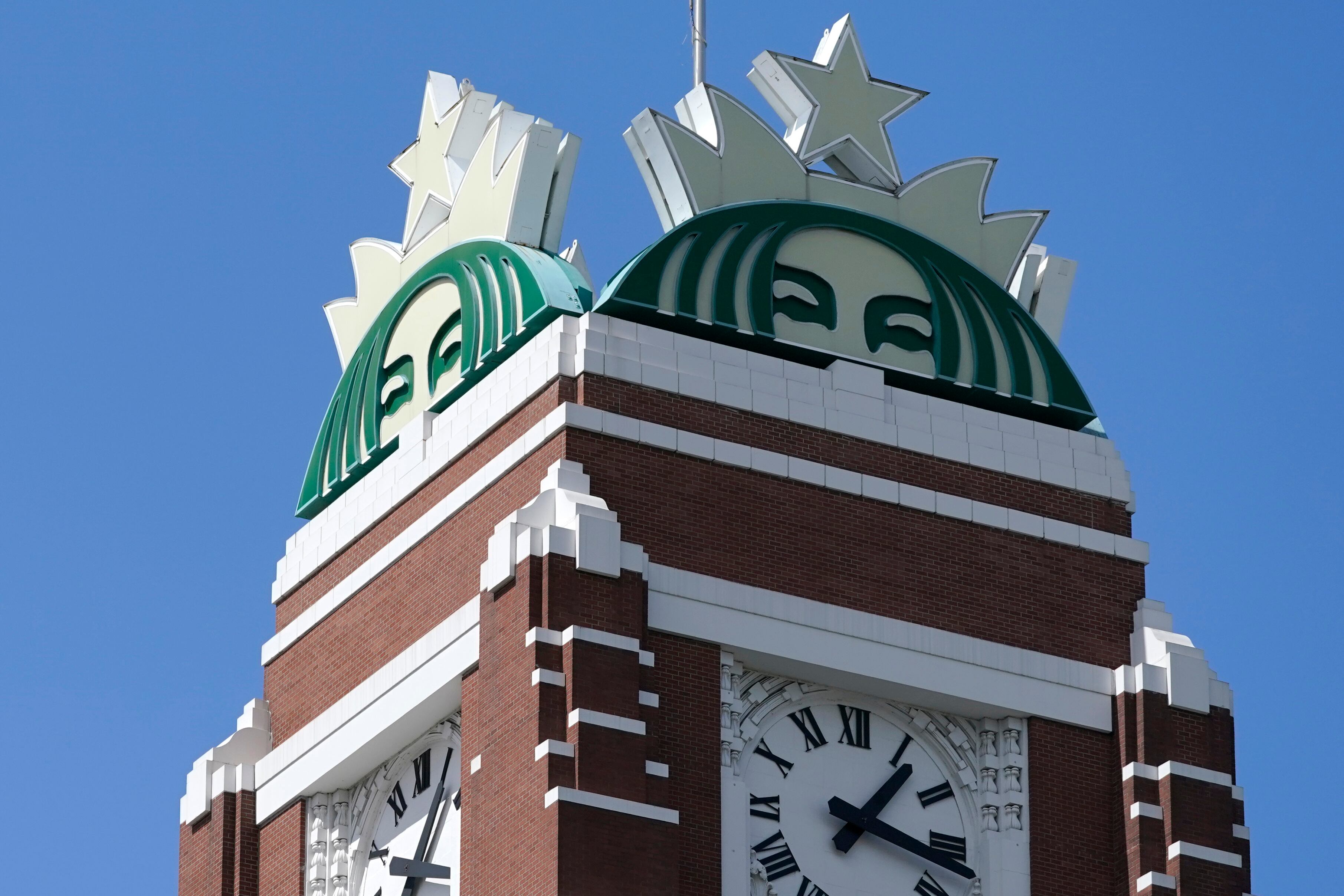Greg Marsh, CEO of KeyMe, wants his company to become the most trusted name in locksmithing. The key duplication service, which offers a convenient alternative to calling up a guy with a drill in the middle of the night, now has 3,000 locations in 72 different retailers, such as IKEA, Rite Aid and Bed Bath & Beyond.
In large part, that growth has been fueled by a steady flow of venture capital from top-tier investors such as BlackRock, Comcast Ventures, and Questmark Partners.
This week Brentwood Associates joined the pack, leading a $35 million round of funding that will help KeyMe triple its footprint to 10,000 locations — though that’s only part of the startup’s plans.
“Our big goal is really to build the first-ever brand in the $12 billion locksmith industry,” Marsh told Cheddar.
KeyMe’s kiosks are self-service machines that allow customers to quickly fabricate keys that they’ve already uploaded and stored in a database using their phones. While technology watchers have raised security concerns about the process, Marsh says it offers a better alternative to the “massively fraudulent” and often unreliable locksmith industry.
Indeed, it was a shady, late-night encounter with a locksmith in New York City during his time in business school that gave Marsh the idea for the company.
Marsh also noted that KeyMe isn’t just in the kiosk business. It also wants to create a network of “highly-vetted” locksmiths who are available to customers on an on-call basis.
“Sales from the kiosk are the majority, but we have close to 100,000 customers per month who are coming to KeyMe for some kind of locksmith service,” Marsh said. “A majority of those, about 75 percent, are in some kind of urgent lockout situation.”
KeyMe is also increasingly offering assistance outside of home lockouts, including duplication services for RFID (radio-frequency identification) and vehicle transponder keys.
“We started the company making brass keys, and that still remains a core part of the business, but we’re getting more sophisticated in the types of keys that we can make,” Marsh said.
With competitors such as MinuteKey and My Key Machine vying for similar territory, Marsh says KeyMe differentiates itself through its suite of services and focus on customer experience.
“We’ve been very fortunate to be the leader in this space. We’ve displaced our competitors out of a variety of retailers,” he said.
“Leveraging incredibly sophisticated technology and delivering a highly-differentiated, convenient and satisfying consumer experience, KeyMe is nonpareil in the locksmith industry,” said Eric Reiter, partner at Brentwood Associates, in a news release.












